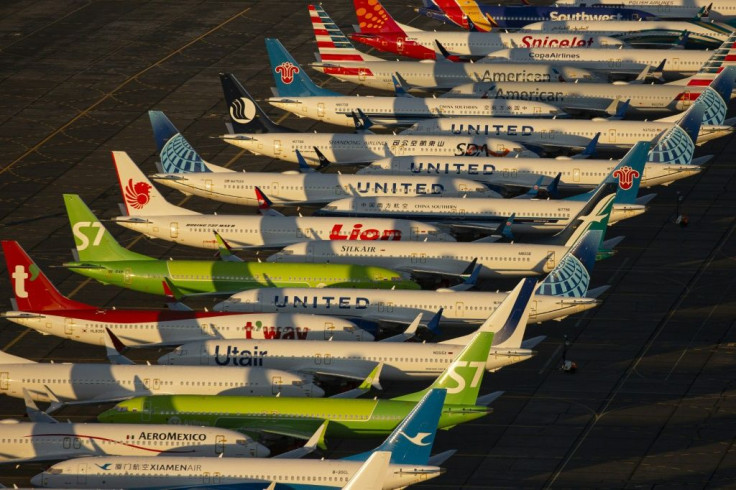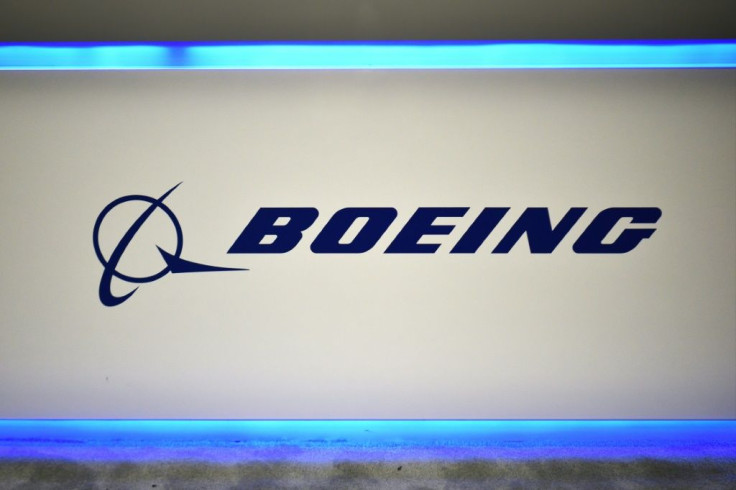737 Max: Former Boeing Manager Claims To Have Raised Concerns Before The Crashes

KEY POINTS
- Ed Pierson warned superiors about Boeing 737 Max
- Boeing pushed exhausted workers to produce airplanes
- Pierson to testify in front of Congress stating his efforts
A former Boeing manager raised concerns about the production problems of Boeing 737 Max months before two of its airplanes crashed, claiming the lives of almost 350 people.
Ed Pierson, former senior manager at Boeing, said he witnessed troubling incidents at a main factory of Boeing in Renton, Washington, which according to him had a direct link to the two plane crashes and 13 other safety incidents that occurred on new 737 Max planes.
In an exclusive interview with NBC News, Pierson said that he tried to warn the company about the problems in production. He began noticing signs of trouble at the plant in late 2017 as Boeing pushed to increase the planes produced at Renton from 47 to 52. This led to multiple issues as suppliers couldn’t meet the demands on time and the workers were forced to work overtime to cover the delays.
NEW: A former Boeing manager says he warned the company about problems at its main factory in the months before 2 of its 737 Max planes crashed and claimed the lives of nearly 350 people.
— NBC News (@NBCNews) December 9, 2019
More tonight on @NBCNightlyNews https://t.co/pBVPin0mHn
Between June 2018 to March 2019, Pierson begged the Boeing executives and then the Federal Aviation Administration and the National Transportation Safety Board to look into the conditions at the Renton plant, NBC News reported.
In an email to Scott Campbell, the general manager of the 737 Max program, on June 9, 2018, Pierson said, “Frankly right now all my internal warning bells are going off. And for the first time in my life, I’m sorry to say that I’m hesitant about putting my family on a Boeing airplane."
In his email, he advised that the production be shut off for a limited amount of time, citing the problems that he noted, including exhausted workers being pushed to produce more. However, his advice went unheeded and disaster struck in October when a 737 Max built at the Renton plant plunged into the sea near Indonesia, killing all 189 people on board.
“I cried a lot,” Pierson told NBC News. “I’m mad at myself because I felt like I could have done more.”
Pierson continued his efforts and wrote emails to Boeing CEO Dennis Muilenburg and spoke with the company’s general counsel. However, he was not satisfied with the responses that he received from them.
On Feb. 19, 2019, Pierson wrote to the Boeing Board of Directors relaying his fears about what would happen if the issues in production were not resolved.
“I also don’t want to wake up one morning and hear about another tragedy and have personal regrets,” he said in the email.
However, his fears came true when a 737 Max crashed in Ethiopia on March 10, 2019, killing everyone on board.
As no action had been taken even after warning the authorities, Pierson decided to go public with the information.
“This was a last resort,” he told NBC News. “I really had hoped that by providing information to the right people, and following the protocols and the chain of command every step of the way, I thought people would do their job.”
Boeing had attributed the crash to the planes' anti-stall software system. In a statement released by the company, Boeing said that Pierson’s concerns had received the highest scrutiny at that time and stressed that it had no reason to believe the issues at the factory played any role in the crashes.
While there is no conclusive evidence that links the crashes to the problems pointed out by Pierson, it adds a fresh angle to the inquiry.
Pierson, a former squadron commanding officer who spent 30 years with the Navy, joined the team producing the 737 Max planes in April 2015.
He is set to testify in front of Congress to detail his efforts to sound the alarm over the conditions at the production facility in Renton.

© Copyright IBTimes 2025. All rights reserved.





















